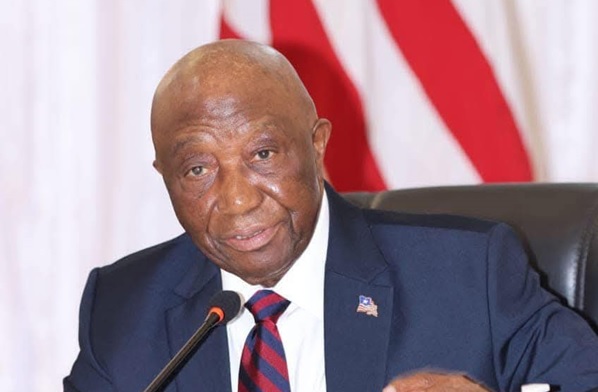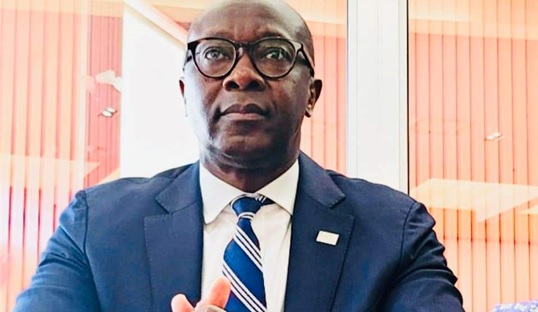MONROVIA, LIBERIA – A recent U.S. State Department report on Liberia’s fiscal transparency has shed light on both the strides made and the challenges remaining in the country’s financial governance. The 2024 Fiscal Transparency Report (FTR) points to significant improvements in the public availability of budget proposals and the government’s efforts to make end-of-year reports accessible in a timely manner. However, it also highlights several critical issues that have led to Liberia’s failure in meeting the fiscal policy indicator for the 2025 Millennium Challenge Corporation (MCC) scorecard, despite passing it the previous year.
The U.S. State Department’s 2024 Fiscal Transparency Report is issued pursuant to Section 7031(b) of the Department of State, Foreign Operations, and related programs applications act. The report outlines the Department’s processes for completing assessments and details the minimum requirements for fiscal transparency, which have been developed and strengthened through consultations with other relevant federal agencies.
The report commended the Liberian government for its notable progress in making budget proposals available to the public and ensuring that end-of-year reports were published within a reasonable timeframe. Additionally, the government demonstrated improvements in natural resource management by publicly disclosing basic information on extraction awards.
The General Auditing Commission (GAC), tasked with auditing the government’s finances, was recognized for having adequate powers to access the annual budget directly and promptly. These efforts reflect Liberia’s commitment to enhancing fiscal transparency and improving governance, as seen under President Joseph N. Boakai’s leadership.
Despite these positive developments, the report also outlined several critical concerns. A key issue is the existence of off-budget accounts, which are not subject to audits or public oversight. The report warns that this lack of transparency raises concerns about the potential misuse of public funds and undermines efforts to improve financial accountability.
Moreover, the government’s failure to disclose earnings from state-owned enterprises and make enacted budgets publicly available in a timely manner was also noted. These gaps in transparency hinder the public’s ability to assess the true state of government finances and hold officials accountable for managing public resources.
In terms of oversight, while the GAC has the legal authority to access the budget, the report pointed out that the commission does not meet international standards of independence. This limitation may hinder the GAC’s ability to carry out its work without political interference.
The report also highlighted issues with the availability of information on Liberia’s national debt. Debt-related information is not easily accessible to the public, limiting citizens’ ability to understand the government’s long-term financial obligations.
One of the most concerning revelations in the report was the continued corruption within Liberia’s resource sector and the inconsistent application of regulations in awarding natural resource extraction contracts. The FTR stressed that reports of corruption in this sector continue to undermine public trust in the government’s ability to manage the country’s vast natural wealth responsibly.
These fiscal governance challenges have directly impacted Liberia’s performance on the 2025 MCC scorecard, where the country failed to meet the Fiscal Policy indicator for the second consecutive year. This failure raises questions about the government’s commitment to addressing long-standing issues of financial mismanagement and lack of transparency.
To address these ongoing challenges, the U.S. State Department’s report made several key recommendations to the Liberian government. These include publishing enacted budgets and information on government debt obligations, including major state-owned enterprises, within a reasonable timeframe. The report also urged the government to disclose earnings from major state-owned enterprises and eliminate or subject off-budget accounts to adequate oversight and audits.
Additionally, the report recommended ensuring that Liberia’s supreme audit institution meets international standards of independence and is adequately resourced to perform its functions effectively.
The 2024 U.S. State Department Fiscal Transparency Report provides a mixed assessment of Liberia’s fiscal governance, recognizing progress in certain areas but underscoring the need for greater accountability and transparency. With the upcoming 2025 MCC scorecard at stake, the Liberian government faces mounting pressure to address these fiscal governance challenges. Only through decisive action can Liberia ensure that its financial resources are managed responsibly for the benefit of all Liberians and meet the international standards required for foreign assistance eligibility.







